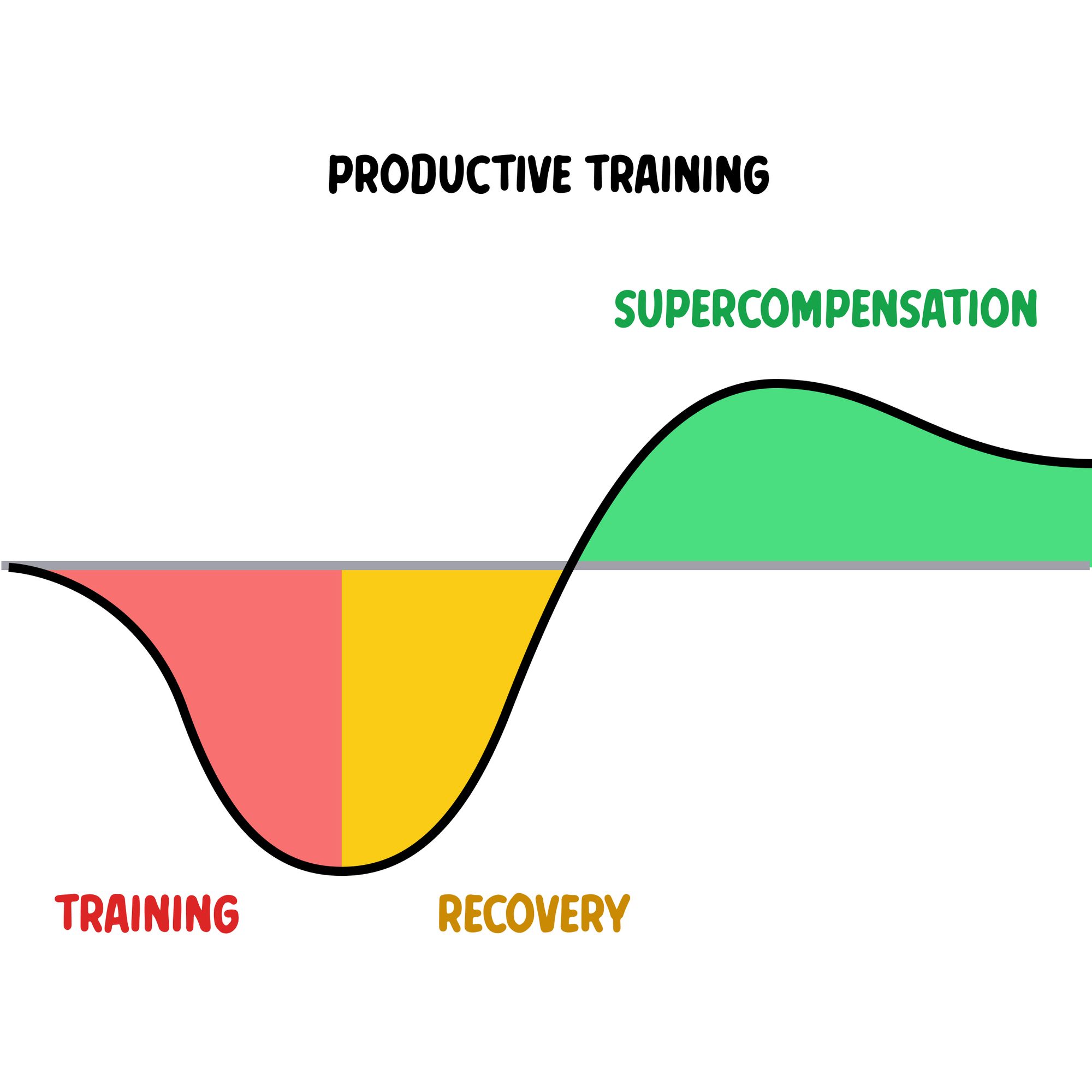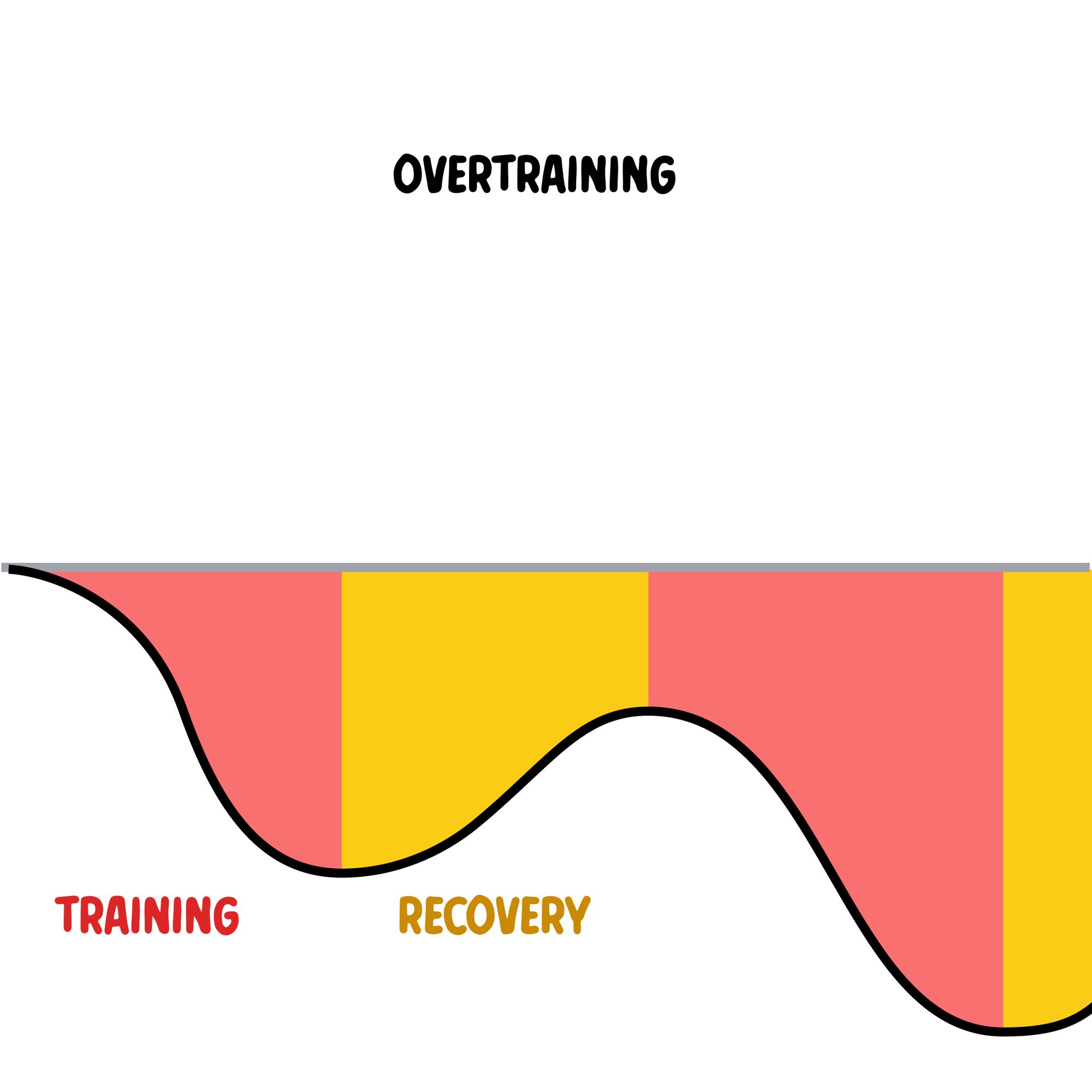Is high volume training killing your gains?

Almost everyone falls into what I call the "volume trap" at some point in their training journey. Initially, they discover that they can do more exercises, more sets, or more sessions per week to accelerate their progress. The logic goes something like this: "If I want get stronger at the back squat, I should practice it more. 5 sets of squats per week is good, but 10 sets of squats per week is better." But then, if 10 is better than 5, why not push for 20? 25? 30?
From an observer's standpoint, you can probably already predict where this "more is better" progression leads: straight to burnout and injury. But it's harder to catch it when you're in the thick of it yourself.
One of my clients is a soccer and volleyball player, who is dedicated to improving his athletic performance. Over time, I've noticed that this client is very hard on himself whenever he gains a few pounds or feels like he's lagging on the field. His natural reaction to this feeling of disappointment is to commit himself to more gym sessions the following week.

"I feel like I just need to get in the gym more to get back on track," he says, or "I just need to do more in order to keep progressing." When he's not getting the results he wants, he automatically assumes that he's not working hard enough.
This strategy may work temporarily, but it's only a matter of time before it becomes a fast track to overtraining. It's natural to want to take action in order to move past a plateau, especially in a culture that rewards work ethic and grit. In a way, the additional effort expended toward pushing ourselves provides a sort of relief from the feeling that we're not meeting our own expectations. At least we're doing something about it and not just sitting around, right?
Sometimes, less is more.
Unfortunately, adding more and more to his training load led my client to fizzle out. He became physically and mentally exhausted and lost his motivation to work out altogether. He was frustrated to find that although he was putting in more effort each day, his performance declined. His numbers decreased in the gym and he couldn't keep up on the field.
In order to understand what is going on here, you'll need to understand one core principle of fitness: the concept of supercompensation. In the simplest terms, supercompensation tells us that fitness gains are not made by exercise, but by the recovery that follows the exercise.


When your training is productive, you are applying stress to your body with exercise and effectively recovering and restoring your body after exercise. If you have enough time and resources to recover completely, you will then get a boost in performance called supercompensation. This is when you'll achieve the fitness gains you are training for, getting stronger, faster, and more powerful.
However, if you're not able to recover effectively before your next training session, you'll be taxing your body with even more stress before giving yourself to realize any gains. In fact, your performance can even decline with time if you get into the habit of overtraining and under-recovering.
Finding your optimal training load
So how do we figure out how to train enough to make improvements but not too much to the point where we are overdoing it?
The answer is simple, and it can be summed up in three words: Trial and error. And four more words: Listen to your body.

It's important to recognize that your body's capacity for recovery and improvement depends on what you're asking of it in any given week. Physical exercise isn't the only source of stress that can impact recovery. Work stressors, personal relationships, and all sorts of lifestyle factors can also play a role.
So if you're feeling guilty for skipping a workout because you were feeling drained, know that it's not only totally normal to do so, but also that it may have been the smartest call to make.
Curious to read more on this topic? A few months ago, I wrote about finding a balance between your resources and demands. You can check out that article here for a more in-depth take on stress and recovery.


